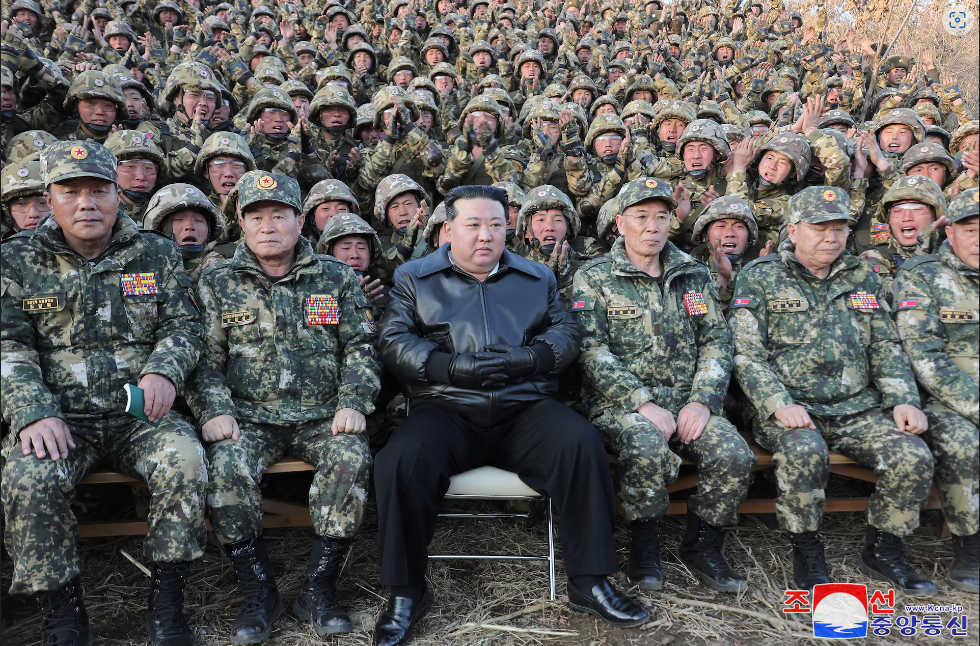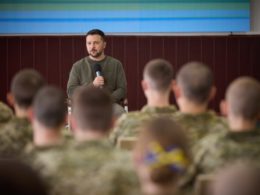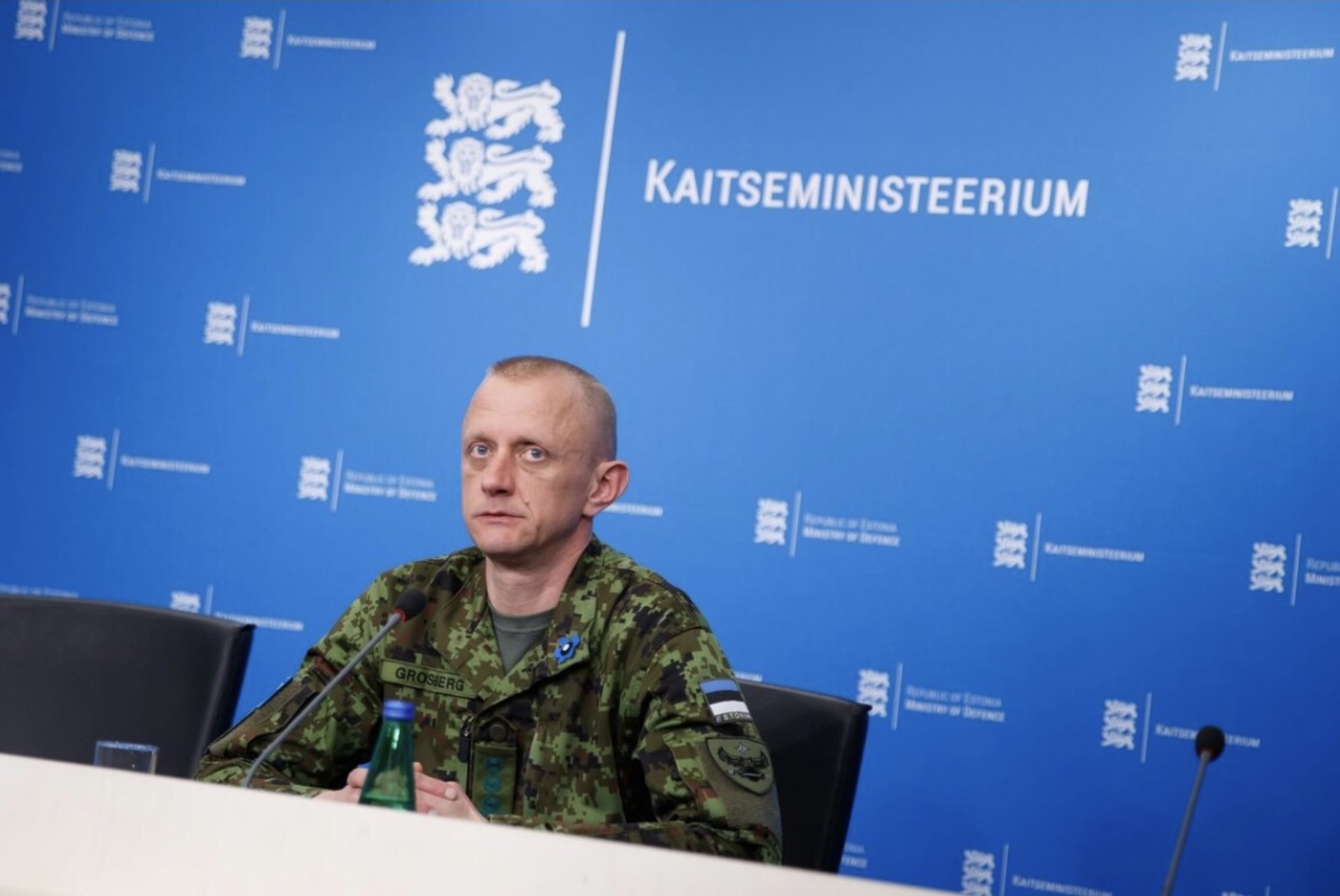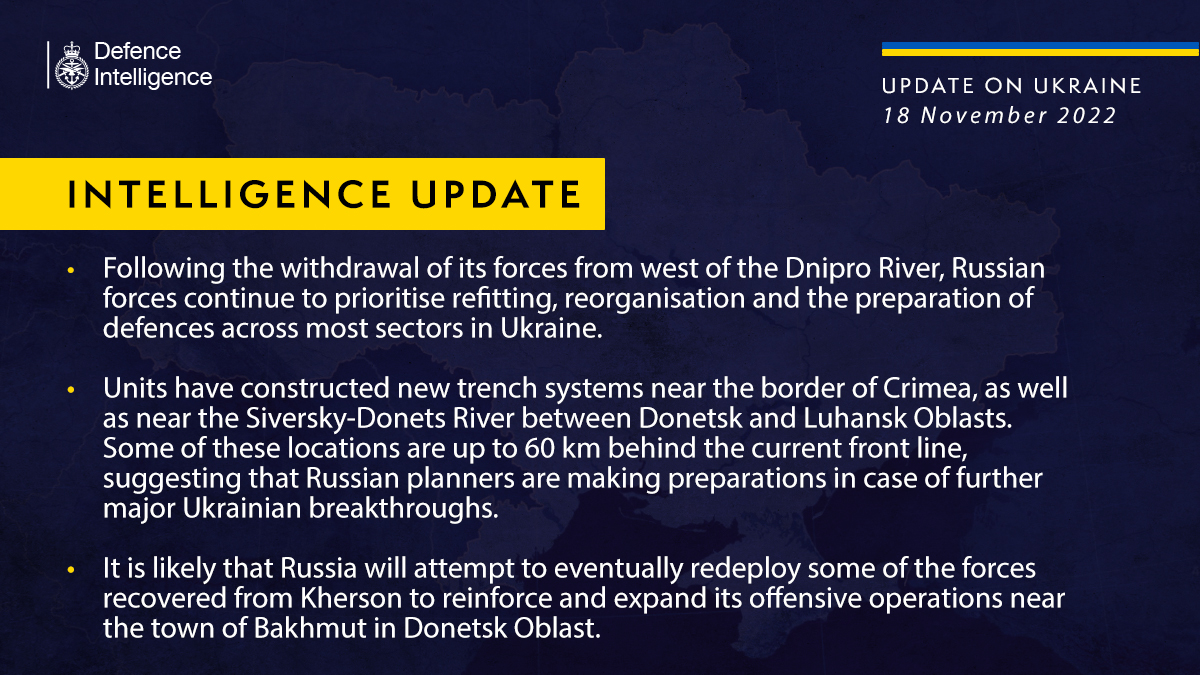Russia has transferred more than 7,000 North Korean military personnel from its Primorsky Krai region to areas near Ukraine in late October, the Main Intelligence Directorate of Ukraine (HUR) reports.
Ukrainian intelligence reported earlier in October that around 11,000 North Korean troops had undergone training in Russia and could engage in the war against Ukraine soon. The US puts the total at about 10,000 troops, while Seoul and allies estimate 11,000.
According to Ukraine's HUR, the transfer of the North Korean troops was conducted using at least 28 military transport aircraft of the Russian Aerospace Forces.
The North Korean soldiers have been equipped with infantry weapons, including 60mm mortars, AK-12 assault rifles, RPK/PKM machine guns, SVD/SVCH sniper rifles, Phoenix anti-tank systems, and RPG-7s.
According to Ukraine's intel, the North Koreans, or 'special Buryats' as they are called in the Russian army, were also issued some night vision devices, thermal imagers, collimator sights and binoculars.
Ukrainian President Volodymyr Zelenskyy said on 13 October that Russia and North Korea were "strengthening their alliance" beyond weapons supplies to include "transfer of people" to Russian forces. The following day, he declared that North Korea had "effectively joined" the war against Ukraine.
Russian President Vladimir Putin submitted to the State Duma on 14 October a "comprehensive strategic partnership" treaty with North Korea for ratification. The agreement, signed in June 2024, was ratified on 24 October.
US Defense Secretary Lloyd Austin verified on 23 October that North Korean soldiers had indeed arrived in Russia.
North Korea dismissed these reports as "groundless rumors," with its UN representative saying that DPRK-Moscow relations are "legitimate and based on cooperation."
Read also:
- BI: Russia retakes territories in Kursk Oblast, but extended push into Ukraine’s strongholds may stall
- US says 8,000 North Korean troops positioned in Russia’s Kursk Oblast
- NATO confirms presence of North Korean soldiers in Russia’s Kursk Oblast





